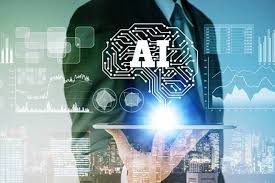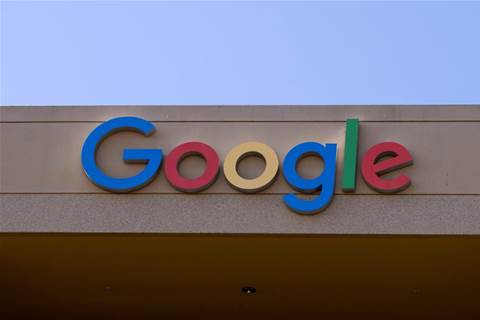Source: financialexpress.com
While the study is not a pioneering work—NYU research had already established similar results—what makes Google’s work unique is the fact that it was conducted across two countries with a larger sample. More important, as against artificial lab comparison, this one compares performance with real-world diagnoses.
When Google, in 2016, announced that its DeepMind technology was able to detect diseases from eye scans, many had heralded it as the age of AI replacing the doctors. While Google has deployed its systems across the world since, its recent results showcase a step taken forward for medical technology. The company, in a research published in Nature, highlighted that its technology has been ourtperforming radiologists in breast cancer detection using mammography scans. While the study is not a pioneering work—NYU research had already established similar results—what makes Google’s work unique is the fact that it was conducted across two countries with a larger sample. More important, as against artificial lab comparison, this one compares performance with real-world diagnoses.
It was found that, for US and UK patients, AI reduced false negatives—test results wrongly categorised normal—by 9.4% and 2.7%, while for false positives, where cancer is erroneously detected, the reduction was 5.7% and 1.2%, respectively. Given that radiologists can’t detect cancer in one in five cases, this is a marked improvement. While most tests were done using the same equipment, this facility may not be available in a developing economy, the results still show promise. If combined with human intelligence, Google can bring down errors by even a 50%, it would save lot of lives. According to WHO, breast cancer impacts 2.1 million women each year.


